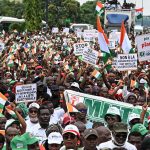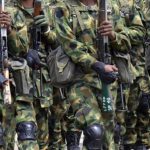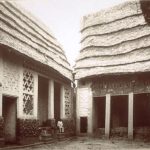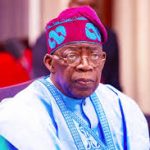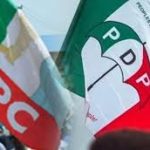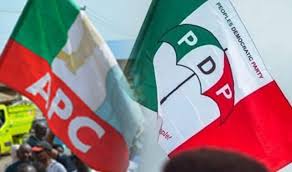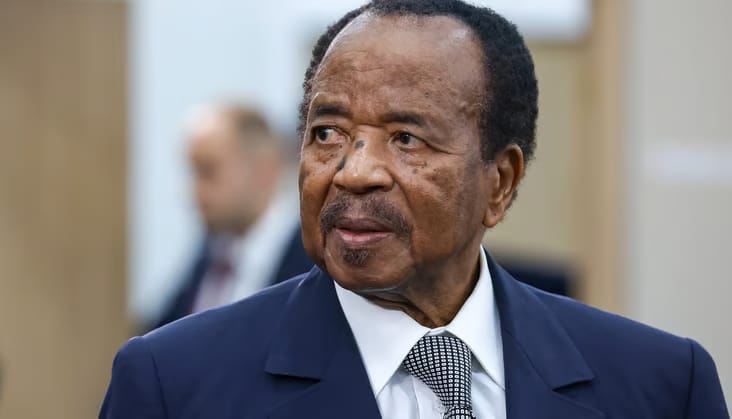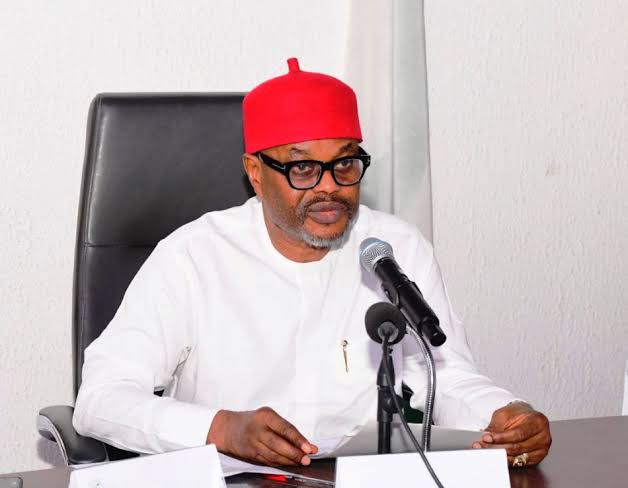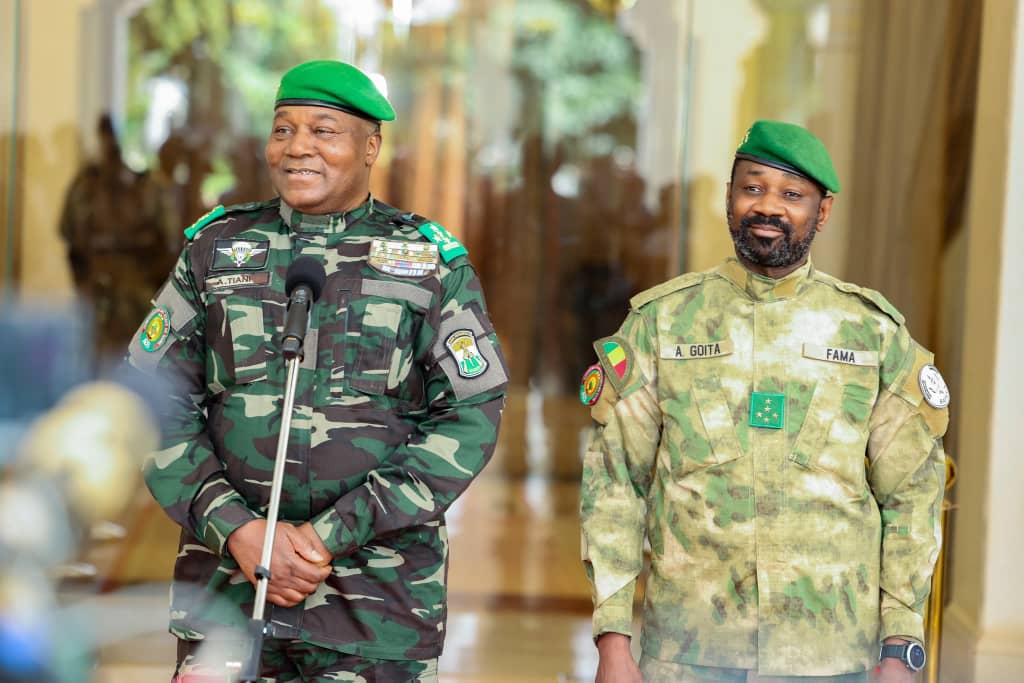With just five days until the presidential election on October 25, Côte d’Ivoire is bracing for a highly contentious vote that could redefine its political landscape. known for its economic resilience but fragile democracy, the country is witnessing intense preparations overshadowed by disputes over candidate disqualifications, President Alassane Ouattara’s potential fourth term, and regional instability. Since 1995, no election has resulted in a peaceful power transition, raising stakes for this critical moment.
The Independent Electoral Commission (CEI) has finalised a voter list of 8.7 million, with polling stations being established across 31 regions. Security forces, supported by UN peacekeepers, are on heightened alert following protests in Abidjan and Yamoussoukro over the exclusion of opposition leaders Tidjane Thiam, Guillaume Soro, and Laurent Gbagbo from the electoral roll in June.
The government has imposed a ban on public gatherings contesting these decisions and deployed troops along the Burkina Faso border amid fears of external interference. Campaigning ended on October 18, with Ouattara’s Rally of Houphouëtists for Democracy and Peace (RHDP) highlighting infrastructure gains, while the Coalition for Peaceful Alternation (CAP-CI) calls for a boycott, alleging electoral manipulation.
Tensions escalated with the arrest of Joel N’Guessan, a judicial critic, and unverified social media claims of insurrection calls attributed to Thiam, linking Soro and Burkinabè allies. These developments echo the 2010-2011 post-election crisis, with ethnic and regional divides, north versus south, resurfacing. Land disputes and intercommunal violence further complicate the pre-election atmosphere.
The Economic Community of West African States (ECOWAS) has appointed former Nigerian Vice President, Yemi Osinbajo, to lead its Election Observation Mission for the election. The mission, deployed from October 19 to 29, aligns with ECOWAS’s Supplementary Protocol on Democracy and Good Governance. Osinbajo will head a team of eminent West Africans, engaging stakeholders to ensure a peaceful, transparent electoral process.
Analysts offer divergent views on the election’s trajectory. The International Crisis Group predicts a tense but manageable vote if the government engages the opposition in dialogue, though it warns of violence if exclusions persist. They suggest Ouattara’s RHDP could secure a majority, leveraging state resources, but a boycott might delegitimise results.
The Africa Center highlights Pascal Affi N’Guessan (FPI) and Simone Gbagbo (MGC) as potential spoilers, though their impact is limited without broader coalition support. Local analysts are split. Some say that Ouattara’s incumbency and economic narrative could sway 55-60% of voters, especially in the north, but low turnout in the south, due to opposition disillusionment, might narrow his margin.
On the other side, opposition-aligned commentators argue that grassroots anger over disqualifications could trigger post-election unrest, potentially benefiting a dark-horse candidate or forcing a runoff if turnout exceeds 70%. Some reports caution that fragile institutions and spill over of opposition from the Sahel could tilt the election towards authoritarian consolidation if Ouattara wins.
Some analyses note the two-round system might prolong uncertainty. Pundits agree the outcome hinges on security management and opposition strategy, with a 40-50% chance of contested results sparking protests or, in a worst-case scenario, violence reminiscent of 2010.

